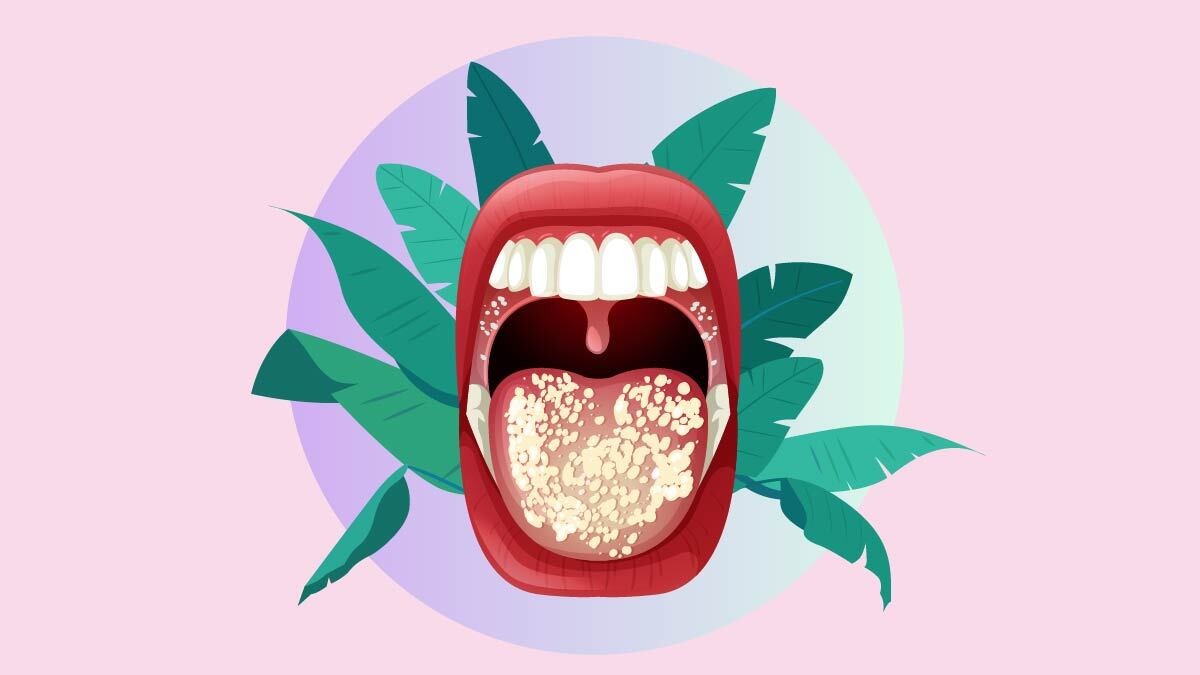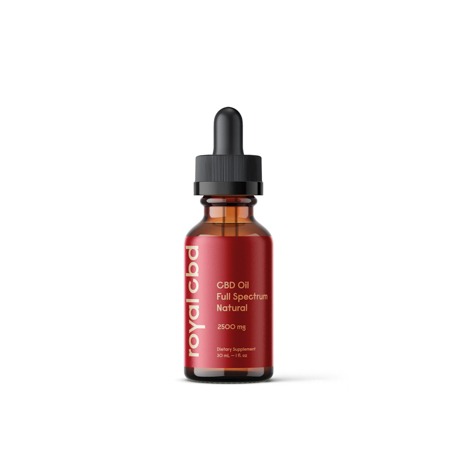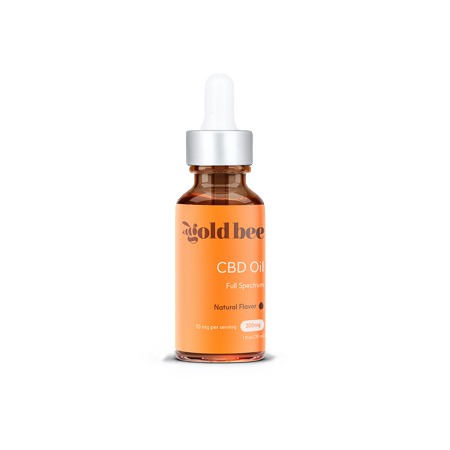The discovery of the endocannabinoid system and its receptors in humans in the late 80s was a huge breakthrough for the world of contemporary medicine.
Since then, we have witnessed a massive amount of research popping in almost every branch of medicine, and cannabinoids have been highlighted as therapeutic agents of the future.
Current evidence has helped us understand how CBD and other cannabinoids from hemp can have so much positive influence on our well-being.
Cannabinoid receptors are found everywhere throughout the body, including the gut microbiome and the cells of the immune systems.
The endocannabinoid system plays an important role in the regulation of different processes in the digestive system. More people than ever are turning to CBD as a means of taking care of their gut health and dealing with conditions like candida overgrowth.
In today’s article, we’ll focus on the scientific research on the potential benefits of CBD oil for candida — and cover the best CBD products for skin problems in 2022.
CBD Oil for Candida: Best Products in 2022
1. Royal CBD (Best Overall)
| Pros | Cons |
|
|
Why We Recommend Royal CBD Oil for Candida
Royal CBD is a California-based company that offers premium hemp CBD oils on top of other products such as softgel capsules, THC-free gummies, and broad-spectrum topicals. The CBD in Royal CBD oil is sourced from organic hemp plants and gently extracted using supercritical CO2. The oil features the full-spectrum of cannabinoids and terpenes, increasing the efficacy of CBD. If you’re looking for the best CBD products for candida, we recommend Royal CBD Oil 2500 mg and one of their topicals to target the problem directly. All of Royal CBD’s products are tested in an independent laboratory for potency and purity.
2. Gold Bee (Best Value)
Product Details
| Pros | Cons |
|
|
Why We Recommend Gold Bee CBD Oil for Candida
Gold Bee makes the best CBD oils for beginners and those whose daily dose doesn’t exceed 40 mg CBD daily. This company offers full-spectrum CBD oil in three flavors: natural, honey, and kiwi, with potencies up to 1200 mg CBD. These products come from organic, pesticide-free hemp and extracted with carbon dioxide to avoid adding additional solvents or heat during the process. You can also choose from CBD edible gummies and capsules. Gold Bee is a great company if you want to use CBD oil for candidiasis that derives from inflammation.
3. CBDistillery (Best Broad Spectrum)
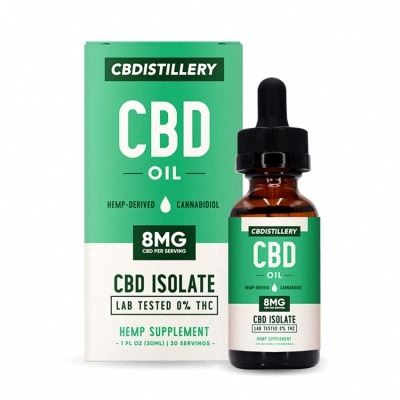
Product Details
| Pros | Cons |
|
|
About CBDistillery
CBDistillery is one of the trailblazers in the hemp industry. This manufacturer offers the broadest selection of CBD products among all companies listed in our ranking. The company sells CBD oil in two versions — full-spectrum and broad-spectrum — but they also have gummies, capsules, topicals, and CBD powders. If you’re shopping for high-quality CBD on a budget, this company will be your best bet. Prices start at $20 per bottle (250 mg CBD). However, CBDistillery’s hemp isn’t certified organic.
4. CBD Pure (Runner Up)
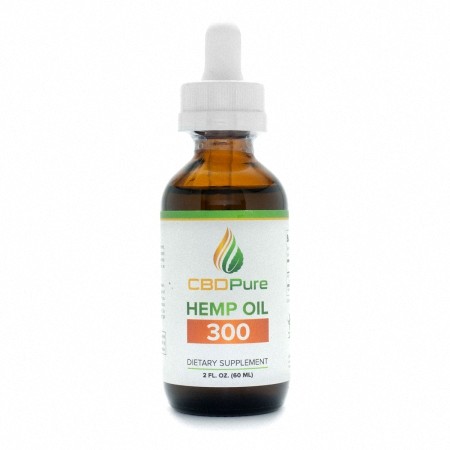
Product Details
| Pros | Cons |
|
|
About CBD Pure
CBD Pure offers three types of CBD products: full-spectrum CBD oil, high-potency CBD capsules, and CBD-infused cream. All products can be used for candida and other infections. However, keep in mind that CBD Pure doesn’t have high-strength oils in its collection, so if you’re looking for something more potent, we recommend the company’s capsules or cream. The capsules contain 25 mg per piece, and the cream has been infused with 750 mg of full-spectrum CBD. CBD Pure has Certificates of Analysis for all its products. The brand also offers a 90-day money-back guarantee program.
5. Charlotte’s Web (Good Value)
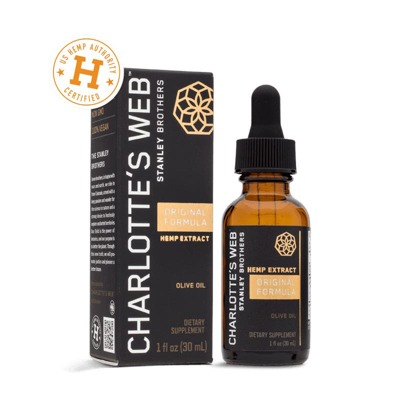
Charlotte’s Web is one of the most recognized names in the CBD business. The guys behind Charlotte’s Web are the ones responsible for the CBD rush. The creators of Charlotte’s Web cannabis strain have introduced the anti-seizure properties of CBD oil to a broader public when they helped a young girl named Charlotte Figi reduce their epilepsy attacks from several times a day to one mild case a week. Charlotte’s Web offers olive oil-extracted full-spectrum CBD oil, CBD isolate, capsules, gummies, hemp-infused cooling gel, and CBD cream. You can combine their CBD oil with topicals to get the best results from using CBD for candidiasis.
Product Details
| Pros | Cons |
|
|
What is Candida?
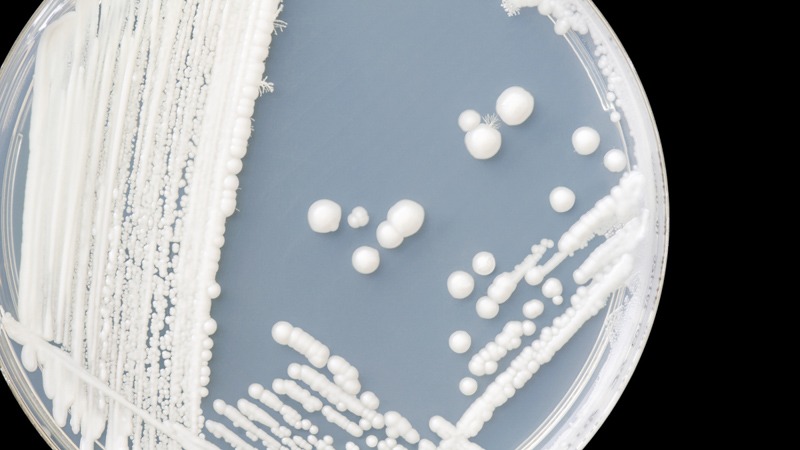
Candida is a fungus that can trigger a fungal infection called Candidiasis. This infection may lead to discomfort, although it’s typically mild.
Human bodies host many types of fungi; minimum amounts of candida are found in the oral cavity, digestive tract, gut microbiome, and vaginal tract without posing any threat to your health.
However, having candida overgrowth in your gut may lead to frustrating health problems.
Here’s what candida overgrowth may lead to.
Different Types of Candida
Candida overgrowth can have unpleasant consequences. For instance, when Candidiasis affects the skin, it leaves a painful red rash that has a white or yellowish discharge around it. The infection typically shows up as a fungus in the armpits and between the fingers.
Neglecting the candida infection can lead to a systemic Candidiasis, which can spread to different parts of the body and usually involves a poorly functioning immune system.
Another type of candida infection is invasive candidiasis. In order for this to happen, candida species must enter the bloodstream or attach to internal organs, such as kidneys, the heart, or the brain. According to a 2016 study published in the Clinical Infectious Disease Journal, invasive candidiasis can be treated with antifungal medications (1).
Symptoms of Candida Overgrowth
- Lack of energy
- Stiffness and tenderness in muscles and joints
- Chronic pain
- Digestive issues (e.g. bloating, constipation, and gases
- Sugar cravings
- Skin problems such as dandruff, hives, rashes, rosacea, and eczema
- Sinus infections and seasonal allergies
- Autoimmune disorders
- Vaginal infections or urinary tract infections
7 Questions: How Doctors Diagnose Candida
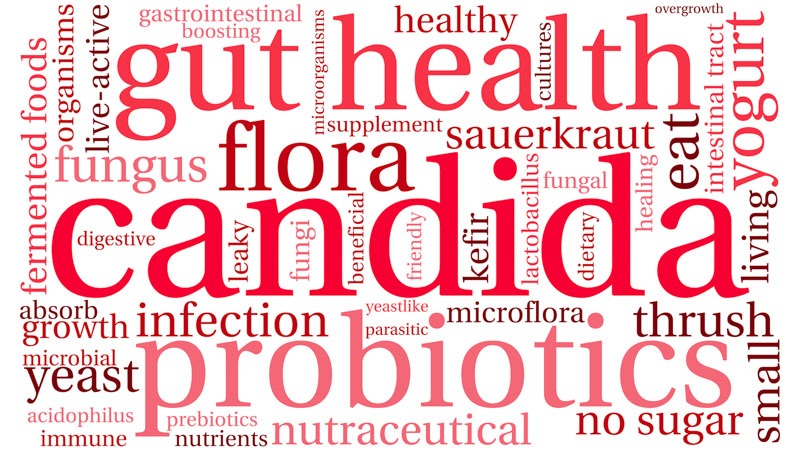
There are several methods to diagnose candida. One of them includes a set of 7 questions doctors ask their patients. These questions have been highlighted in the book Reset the Yeast Connection by Carolyn F.A. Dean MD ND (2).
Dean has come up with the term Yeast Overgrowth Syndrome (YOS) to define yeast allergies, candidiasis, Candida hypersensitivity, and Candida-related complex.
Below you’ll find the seven questions from the book:
- Have you, at any time of your life, taken broad-spectrum antibiotics
- Have you taken tetracycline or other broad-spectrum antibiotics for one month or longer?
- Are your symptoms worse on damp, muggy days or in moldy places?
- Do you have sugar cravings?
- Do you have a feeling of being “drained?”
- Are you bothered with vaginal (or penile) burning itching or discharge?
- Are you bothered by burning, itching, or tearing of eyes?
In the next section, we’ll cover different treatments for candida.
Conventional Treatments for Candida: Which One Is the Best?
In a 2014 study published in the Journal of Clinical and Experimental Dentistry, the research team analyzed the efficacy of different pharmaceutical treatments for oral candidiasis (3).
The following drugs proved to provide the best results:
- Nystatin
- Amphotericin B
- Fluconazole oral suspension
For cutaneous (skin) candidiasis, the study highlighted different antifungal powders and creams as potentially effective treatments. The research team also stressed the importance of keeping the skin surrounding the affected area dry and clean throughout the treatment.
Vaginal yeast infections, in turn, could be treated with antifungal medications by reducing their frequency and intensity. More studies are needed to determine if any alternative therapies can relieve vaginal yeast infections in the long run.
The study recommended using complementary therapies in addition to the above medications under a doctor’s supervision.
Does CBD Help with Fungal Overgrowth?
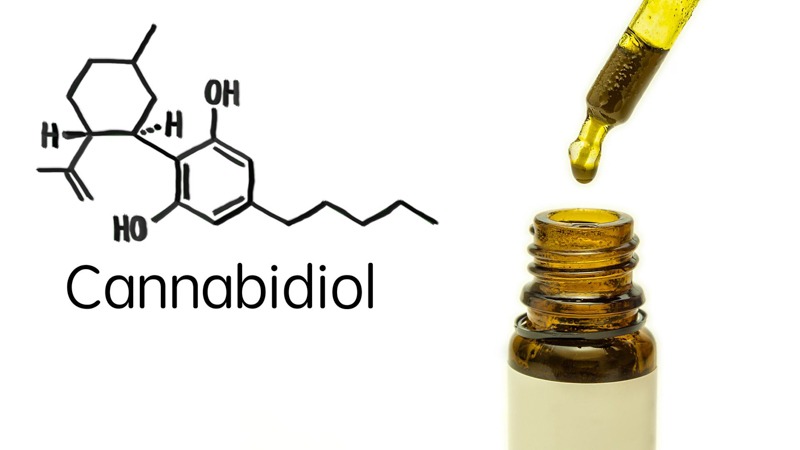
Scientists have pointed to certain cannabinoids, including CBD, as potential antifungal agents that may help relieve Candidiasis on top of other fungal diseases.
CBD, CBC, and CBD have been highlighted in a 2011 study published in the British Journal of Pharmacology as “having moderate antifungal properties.” (4) However, CBD wasn’t the main target of the said study, as it mostly focused on the health benefits of THC.
Still, the research team discovered that the above cannabinoids might boost the effects of a strong antifungal, caryophyllene oxide. This compound is the result of the oxidation of beta-caryophyllene, one of the most common terpenes in cannabis, rosemary, basil, hops, and pepper.
Terpenes are like essential oils that give cannabis and other plants their unique aromas and flavors. They also have many positive effects on our health alone and can interact with cannabinoids to produce synergy known as “the entourage effect.” This concept assumes that cannabinoids and terpenes work more effectively together than alone.
Some terpenes found in CBD oil have antifungal properties, while others can lower inflammation or alleviate anxiety, which is also one of the most sought after effects of CBD.
CBD’s anti-inflammatory properties have been mentioned in dozens of scientific publications. Some of the studies on CBD and inflammation concluded that cannabinoids are novel anti-inflammatory compounds (5).
CBD Oil for Candida: Does It Work?
To understand the effects of CBD on Candida, we need to focus on CBD’s interaction with the CB2 receptors in the human endocannabinoid system — and what role CBD plays in regulating the immune function.
The more pro-inflammatory compounds are released by the body, and the longer they last, the more severe damage to the nerve cells. These molecules, known as cytokines, worsen the pain caused by nerve damage and also deteriorate the pain experience in oral and vaginal Candidiasis.
When CBD interacts with the CB2 receptors on the sites of the hyperactive immune cells, it activates an anti-inflammatory protein known as caspase.
Caspase causes cell death of the immune cell through special signaling, and then inflammation gets reduced as fewer cytokines circulate in the bloodstream. Recent research has associated lower levels of cytokines in the body with better regeneration of a compromised immune system.
Finally, CBD can reduce skin irritation and itchiness caused by candidiasis due to its antipruritic and anti-inflammatory properties.
The Pros & Cons of Using CBD Oil for Candida
The Pros
- Several studies have highlighted CBD as a potent anti-inflammatory. CBD also has antifungal and antipruritic properties, which can be helpful in easing the symptoms of Candidiasis.
- CBD doesn’t carry a risk for addiction or abuse. It is as addictive as a placebo.
- According to international health agencies such as the World Health Organization (WHO), CBD is well-tolerated by humans and has a good safety profile.
- CBD is available without a prescription. You can buy it in specialty stores, pharmacies, dispensaries, vape shops, and online.
The Cons
- There isn’t enough research regarding the direct effects of CBD on fungal infections such as Candidiasis. The FDA has only approved one drug containing CBD for intractable cases of epilepsy. Hemp-derived CBD oil is still classified as a health supplement.
- CBD has a few mild side effects, such as dry mouth, changes in appetite, dizziness, or diarrhea.
- CBD can interact with certain medications, including conventional antifungals for candida overgrowth.
- The CBD industry is largely unregulated, so there’s a risk of buying a fake and dangerous product. Those seeking high-quality CBD oil should look for a trustworthy online store. Research is paramount when it comes to buying CBD products.
How Does CBD Compare to Alternative Forms of Candida Treatment
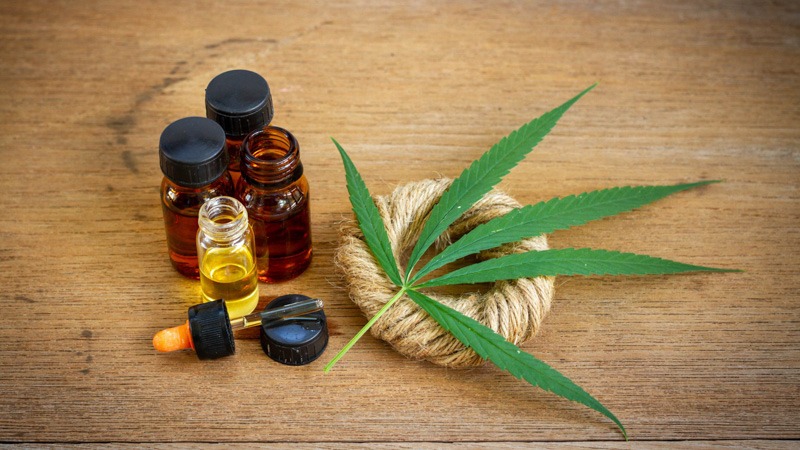
Healthy individuals experiencing skin candidiasis, thrush, or vaginal yeast infections can deal with the problem using a short treatment or even a single dose of antifungal medication.
Unfortunately, many people with compromised immune systems find it more difficult to treat Candida, struggling with recurrent Candidiasis.
Most autoimmune diseases result from chronic inflammation, and CBD seems to help in strengthening the immune system as well as lowering its hyperactivity. With a properly functioning immune system, Candida infections may be easier to cure.
Most candida cases can be prevented by eating nutritious food, following a healthy lifestyle, and keeping the skin clean and dry.
Should you catch a Candida infection, you may ask your doctor to prescribe antibiotics.
One risky side effect of using antibiotics is that they can actually stimulate yeast infection according to some studies. The problem begins when a person has to copes with the unwanted symptoms of a yeast infection while taking some antibiotics for an ailment.
If you catch a yeast infection due to taking antibiotics, CBD can help by producing antibiotic effects without causing excessive growth of Candida.
A study conducted by the American Society of Microbiology (ASM) has shown that CBD is active against Gram-positive bacteria, resulting in similar results to antibiotics such as vancomycin or daptomycin.
CBD can also reduce biofilms, a type of bacteria growth that leads to treatment-resistant infections. Finally, CBD isn’t known for causing resistance, unlike the existing antibiotics.
Buyer’s Guide: How to Choose the Right CBD Oil for Candida
For the most effective Candida treatment with CBD, we recommend full-spectrum extracts.
Full-spectrum CBD oil contains all beneficial compounds naturally found in hemp, including non-psychoactive cannabinoids, terpenes, and trace amounts of THC (less than 0.3%). As mentioned, these compounds work together to produce synergy known as the entourage effect.
Those allergic to other hemp compounds or afraid of taking any amounts of THC may opt for broad-spectrum CBD oil, which is much like the full-spectrum one — but without any traces of the intoxicating cannabinoid.
The third type of CBD products includes CBD isolates. These products contain just pure, isolated CBD. Isolate is usually derived from hemp, not marijuana because hemp plants have naturally lower levels of THC per dry mass. As a result, the purging process takes less time.
There are also features that can help you distinguish between high-quality and low-quality CBD oil regardless of the cannabinoid spectrum.
Here’s what you can do to make a well-informed decision about your product:
- Make sure to check the legal status of CBD in your state/country.
- Only buy from reputable brands that grow their own hemp or source it from local small-scale farmers.
- Read user reviews before placing an order online. When shopping for CBD somewhere near you, check if the store has a good reputation and has the government’s permission to sell CBD products.
- Check if the product has been tested in a third-party laboratory. Independent laboratories will analyze the potency of CBD in the product’s sample; it will also look for common contaminants or any unwanted additives, such as solvents, pesticides, or heavy metals.
- Consult a doctor who knows a lot about CBD and cannabis in general before buying CBD oil for candida.
What’s the Best CBD Dosage for Candida?
It’s impossible to give out universal dosage recommendations when it comes to using CBD oil for candida.
There’s still not enough high-quality evidence from human studies until scientists can set out any guidelines regarding this condition. Since the CBD market is currently unregulated, it’s difficult to know if you’re getting the advertised amounts of CBD in your product.
As always, we encourage you to visit a doctor to make sure CBD oil is appropriate for you. A consultation with a qualified physician will help you establish the right dosage strategy and avoid potential drug interactions.
The good news is that CBD doesn’t cause toxicity, even at doses as high as 1,500 mg daily, according to this 2017 study.
How to Take CBD Oil for Candida
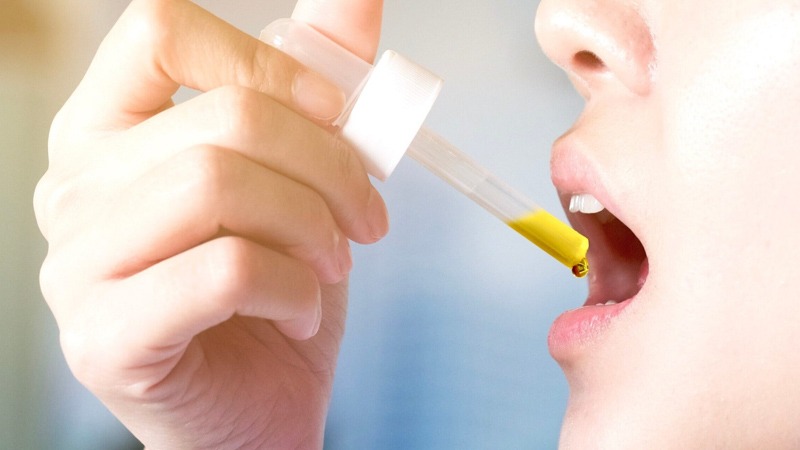
Different forms of candidiasis may require different forms of CBD administration depending on the root of the problem and the area of the body affected by this fungal infection.
One of the most effective methods to benefit from using CBD oil for candida is to apply it directly where it’s needed. Once you know the location of the CBD’s target, you can reduce the severity and frequency of the condition.
Your doctor should be able to determine what type of candidiasis you have, and those details may point you in the right direction when it comes to choosing the right form of CBD.
Topicals are best for rashes that are close to the skin. They can also help with vaginal infections, delivering the highest dose of CBD to the target area.
You can choose from products like CBD creams, patches, gels, lotions, and suppositories.
When the problem derives from inflammation, you may need to ingest CBD oil orally or sublingually (under the tongue). Sublingual absorption is one of the most efficient methods of CBD administration.
CBD levels reach their peak in 15 to 20 minutes when consumed this way, which is faster than the same compound taken orally.
If you’re not a fan of the taste of CBD oil, you can try CBD capsules or edible gummies, which are two popular oral products.
Will CBD Show Up On a Drug Test?
Some people worry about the risk of CBD causing them to fail a drug screening. The good news is that drug tests look for THC in your urine, not CBD.
In theory, it’s possible to score a “false positive” result for THC when you take extremely large doses of CBD oil daily. However, you would need to ingest around 2000 mg CBD a day to get such a result. If something like this happens, you have the right to request another test from your employer after informing them about the situation.
Summary: Is CBD an Effective Treatment for Candida?
Multiple studies have shown that CBD is a promising natural anti-fungal, anti-inflammatory, and antibacterial agent that may help with Candidiasis and other forms of candida overgrowth.
There are different types of candidiasis, depending on the spot of the body that was affected by the infection. The type of CBD product, as well as other types of treatment, will vary on your individual situation.
As of today, no study has looked into CBD dosage specifically for Candida. We encourage you to consult with a trusted doctor knowledgeable about CBD and cannabis as a means of determining the right type of CBD and the dose that will help you with Candidiasis.
When looking for the best CBD oils for candida, make sure to do meticulous research on any company that sells CBD out there. The market is largely unregulated, so it’s your responsibility to learn about the company’s farming practices, extraction methods, and lab-testing standards.
Reference links:
- Pappas, G. et al. “Executive Summary: Clinical Practice Guideline for the Management of Candidiasis: 2016 Update by the Infectious Diseases Society of America.” Clinical Infectious Diseases, vol 62,14 (2016): 409–417.
- Dean, C.A.F. “Reset the Yeast Connection.” Source: www.RnAReset.com
- Garcia-Cuesta, C. Perez-Sarrion, M.G., and Bagan, J.V. “Current Treatment of Oral Candidiasis: A Literature Review.” Journal of Clinical and Experimental Dentistry, vol. 6,5 (2014): 576–582.
- Russo, E.B. “Taming THC: Potential Cannabis Synergy and Phytocannabinoid-terpenoid Entourage Effects.” Pharmacology Research & Perspectives, vol. 163,7 (2011).
- Nagarkatti, P. et al. “Cannabinoids as Novel Anti-inflammatory Drugs.” Future Medicinal Chemistry, vol. 1,7 (2009): 1333–1349.

